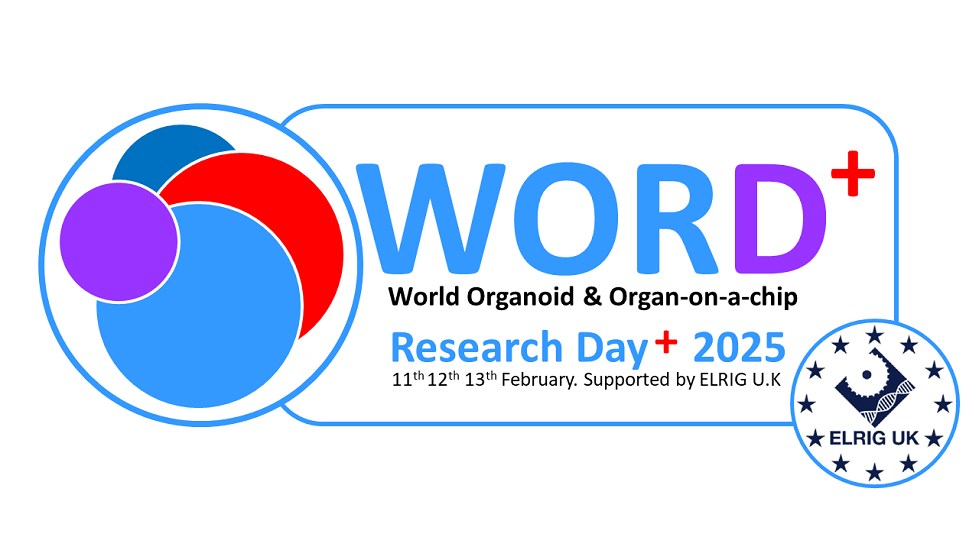Authors
T Hein1; E Weimer1; B Scheufele1; T Mürdter2; A Timm1; M Schwab2;
1 Robert Bosch GmbH, ; 2 Dr. Margarete Fischer-Bosch-Institute of Clinical Pharmacology, Germany
Overview
With help of patient-derived organoids (PdO), patient-specific tumors can be intensively characterized ex vivo regarding their genetic profile and drug response. These “patient avatars” are typically cultivated in 3D matrices, usually Matrigel®, to support their survival and growth. Regarding process automation in a fluidic system, Matrigel® is challenging because of its need for cooling, gelling process and insufficient dissolution during harvesting.
Introduction
The present study investigated an alternative matrix with advantageous properties regarding microfluidic process automation: Nanocellulose fiber (NCF) hydrogel. There is no need for cooling, NCF can be enzymatically digested, it is plant based and it shows a high batch-to-batch reproducibility. The aim of this study was to prove the organoid cultivation over several passages while preserving their functionality in this technically advantageous matrix for automated fluidic systems.
Methods
To evaluate the cell biological potential, three patient-derived colorectal cancer (CRC) organoid lines were cultivated in NCF hydrogels for five passages after initial establishment in Matrigel®. In P6, the organoids were transferred back into Matrigel® to detect whether possible changes are reversible. In each passage organoids were examined for cell viability, expansion potential and physiological status.
Results
The cultivation of the three organoid lines in NCF hydrogel was demonstrated. They were stable and highly proliferating over 5 passages. While organoids of patient B achieved excellent viability and expandability in NCF hydrogels, organoids of patients A and C showed slightly reduced but comparable viability and expandability in NCF hydrogels compared to Matrigel®. A patient-specific dependence of the organoid behavior on the cultivation matrix has been shown in Matrigel® as well as in NCF.
Conclusion
The increasing trend in viability and expandability of organoids cultivated in NCF hydrogels over the 5 passages as well as the high proliferation suggest that cultivation could still be possible for a longer period of time. An RNA transcriptome sequencing, which is still under investigation, is intended to provide further information on whether NCF hydrogel is a promising alternative for Matrigel® or whether serious deviations from organoids in Matrigel® or the original tumor occur.

